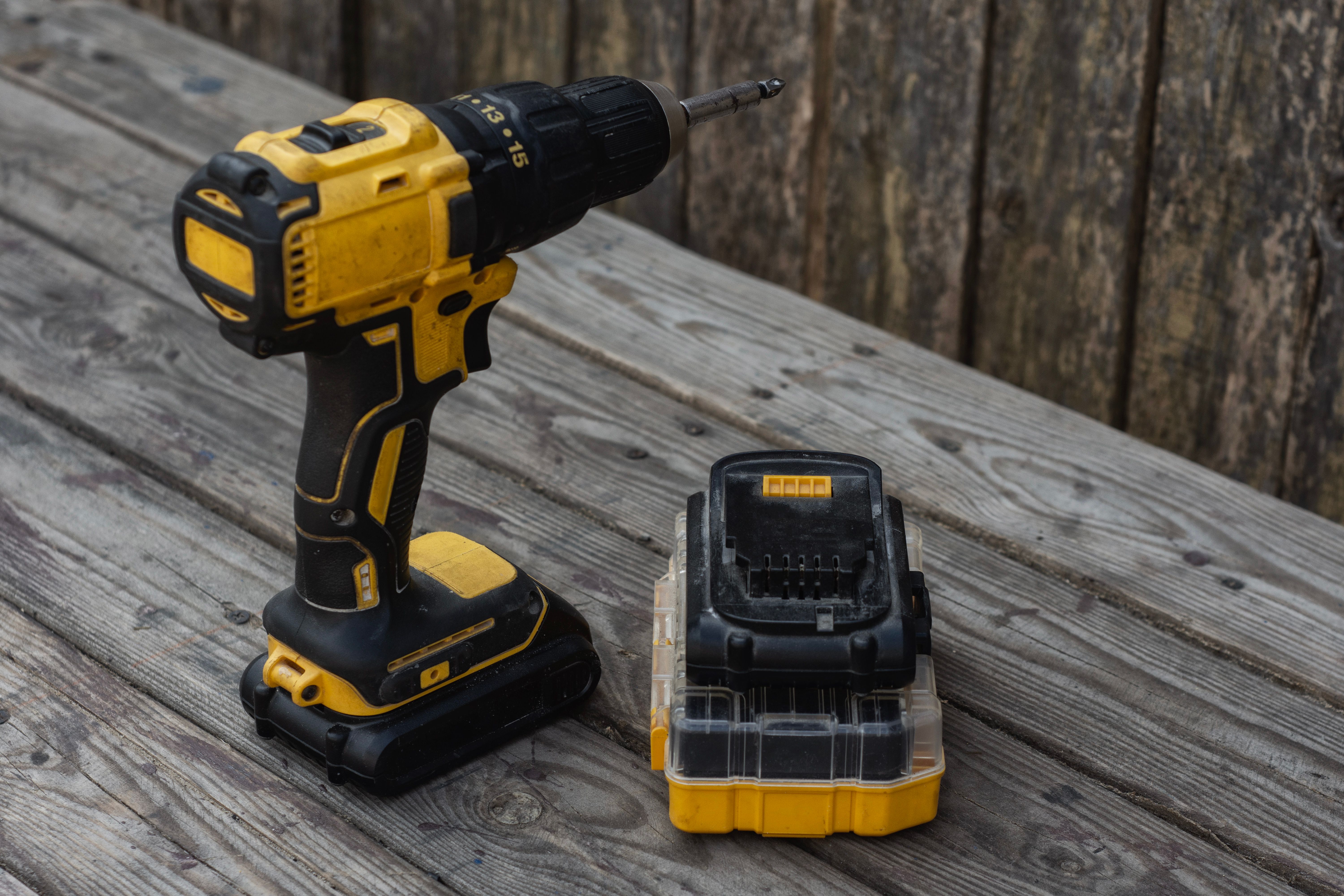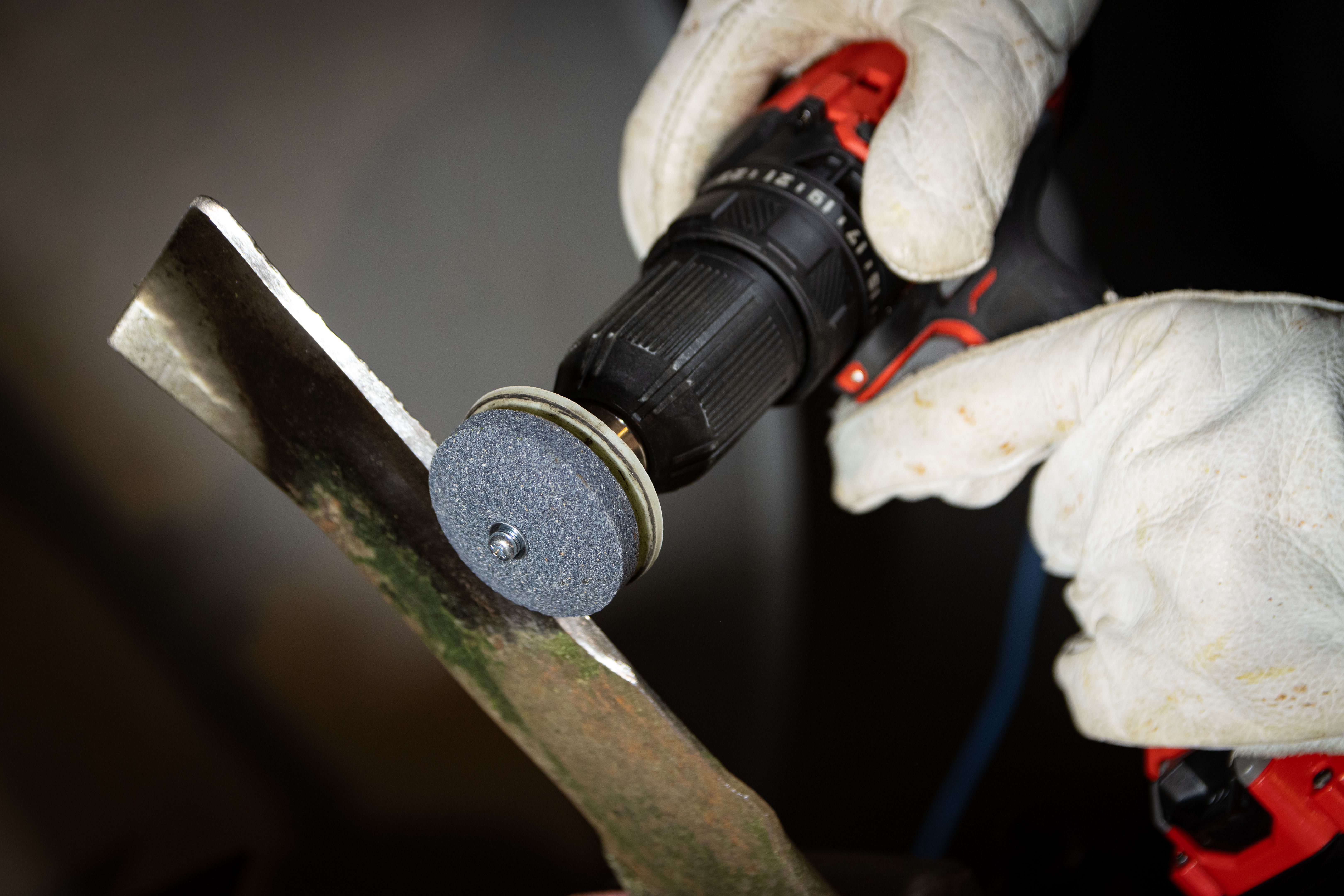Choosing the Best Portable Drill: Expert Tips from Top Suppliers
RR
Understanding Your Needs
When it comes to choosing the best portable drill, understanding your specific needs is paramount. Different projects require different tools, and selecting the right drill can make all the difference in efficiency and ease of use. Consider whether you'll be using your drill for basic household tasks or more demanding construction work. This initial assessment will guide you towards choosing a drill with the appropriate power and features.

Types of Portable Drills
There are several types of portable drills, each designed for specific tasks. The most common types include:
- Cordless Drills: These are versatile and offer great mobility without the hassle of cords.
- Hammer Drills: Ideal for drilling into hard surfaces like concrete or brick.
- Impact Drivers: Perfect for driving screws and bolts with high torque.
Your choice will depend on the tasks you plan to undertake and the materials you will be working with.
Power and Battery Life
The power of a portable drill is often measured in volts, with higher voltages providing more power. For most DIY tasks, a drill ranging from 12V to 18V will suffice. However, for heavy-duty projects, you might want to consider a 20V or even a 24V model. Additionally, battery life is crucial for cordless models. Look for lithium-ion batteries, as they tend to last longer and recharge quickly.

Key Features to Consider
When evaluating drills, pay attention to features such as:
- Speed Settings: Multiple speed settings allow for greater control and precision.
- Chuck Size: The chuck size determines the maximum drill bit diameter that can be used.
- Ergonomics: A comfortable grip can reduce fatigue during extended use.
These features can significantly enhance your drilling experience, making tasks easier and more efficient.
Expert Advice from Top Suppliers
Consulting with experts from top suppliers can provide valuable insights into selecting the right drill. They can offer recommendations based on industry trends and user feedback, ensuring you invest in a tool that meets your requirements. Many suppliers also provide detailed product demonstrations and comparisons that can aid in your decision-making process.

Budget Considerations
Your budget is an important factor when purchasing a portable drill. While it's tempting to opt for the cheapest option, investing in a high-quality tool can save money in the long run by reducing the need for frequent replacements or repairs. Consider purchasing from reputable brands that offer warranties and customer support services.
Maintenance Tips
Proper maintenance is key to prolonging the lifespan of your portable drill. Regularly clean the tool to prevent dust buildup, and ensure that moving parts are lubricated. Check the battery life periodically and store the drill in a cool, dry place when not in use. Following these simple steps will keep your drill in optimal condition for years to come.

Conclusion
Choosing the best portable drill involves careful consideration of your needs, type of work, and budget. By understanding the available options and consulting with experts, you can make an informed decision that ensures productivity and satisfaction in all your projects. Remember, investing in quality tools will always pay off in the long run, providing you with reliability and efficiency.